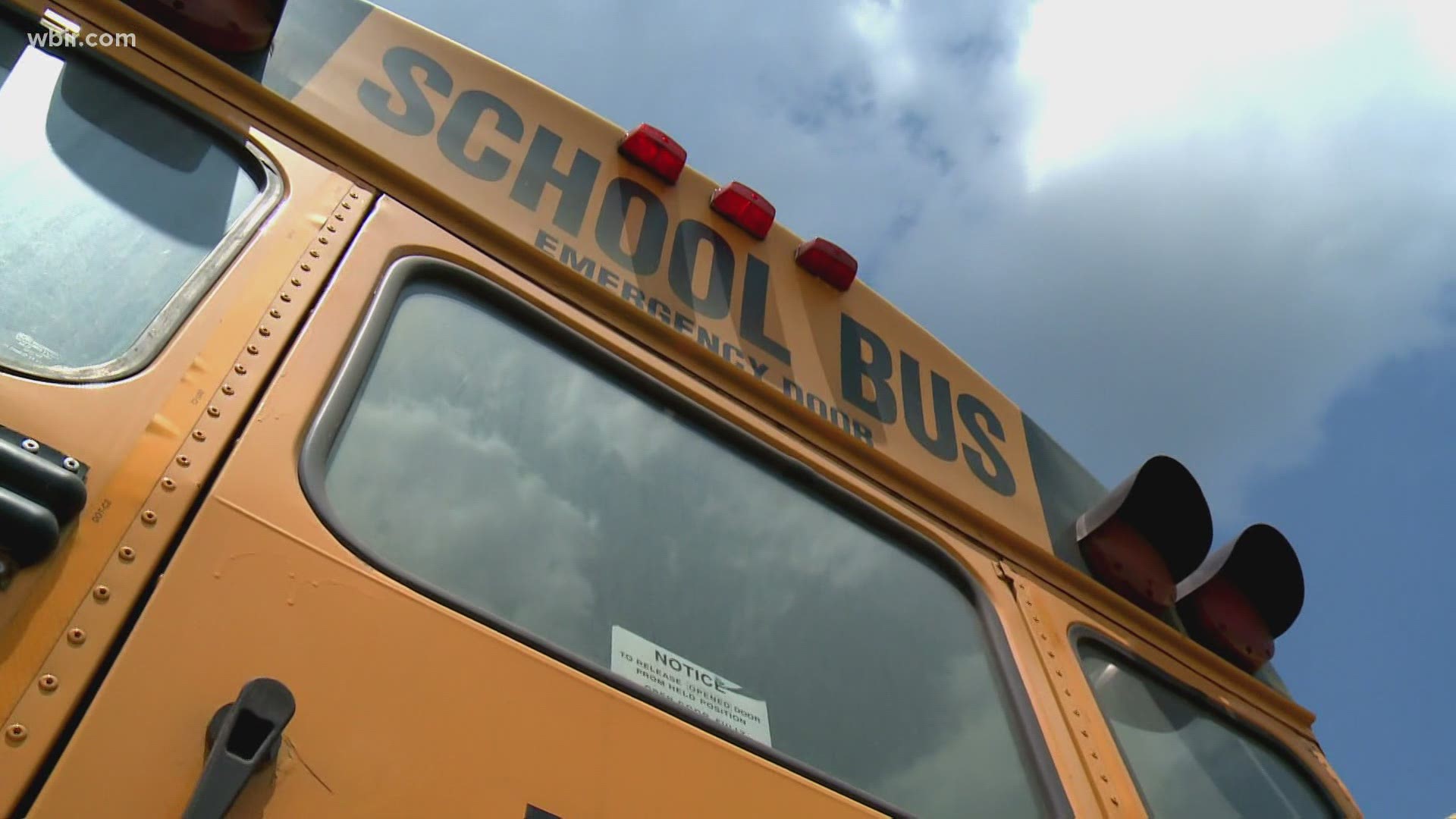TENNESSEE, USA — Tennessee teachers say they are working longer hours and are more stressed during the COVID-19 pandemic.
More than 7,000 Tennessee teachers, education support professionals, administrators and certified personnel participated in the confidential Tennessee Education Administration (TSA) survey in December.
TEA said the results show just how difficult and time-consuming the fall semester was on educators across the state.
“Tennessee public school educators have been staying strong for months, taking the challenges of teaching in a pandemic head-on,” said TEA President Beth Brown. “Our educators need more support and resources as they begin what will certainly be another difficult semester. As the survey showed, most public school staff are working longer hours with daily disruptions and changing tasks, but with little guidance, support or tangible encouragement from the state. The state must do more to assist with the burdens of teaching in a pandemic.”
Here are the key findings of the survey, according to TEA:
- Eighty-four percent of teachers, 78% of administrators and 67% of certified professionals said they are working more hours than in the past.
- The average Tennessee educator worked an additional 235 hours during the fall semester to overcome pandemic disruptions and maintain quality instruction.
- The concern of infection and the disruptions in teaching caused by the pandemic are taking a psychological toll on educators, with 84% reporting a negative emotional impact and half reporting being strongly impacted.
- An overwhelming 91% of educators teaching virtually said they have been given new assignments and responsibilities that differ from their training and professional practices.
TEA also said that more and more educators are being diagnosed with COVID-19, at a significantly higher rate than the general population.
TEA estimates more than 16,000 public school educators have contracted the virus since July.
“Educators are front-line personnel in this pandemic. From the stress of taking care of students and overcoming the disruptions the virus causes, to dealing with the anxiety of being infected and bringing it home to family and loved ones, these past months have been exhausting mentally, physically, and emotionally,” Brown said.
Seventy-four percent of the respondents to the survey ranked state's response to the pandemic as poor.
“Our school districts have been left with insufficient guidance from the state, from how to slow infections or when to close schools to providing resources that assist with overcoming disruptions. The survey shows the high level of frustration with state leadership,” Brown said. “We’re 10 months into the pandemic, and one-third of teachers are still less than adequately supplied with personal protective equipment and cleaning materials. Most educators have once again dipped into their own pockets to purchase all the necessary supplies for their classrooms, and there is no excuse for that.”
“The survey confirms that we’ve worked more hours under the most difficult circumstances imaginable, going above and beyond for our students. The administration and legislature must acknowledge the sacrifices we’ve been making and take concrete steps to give us the support and recognition we have earned,” Brown said.

